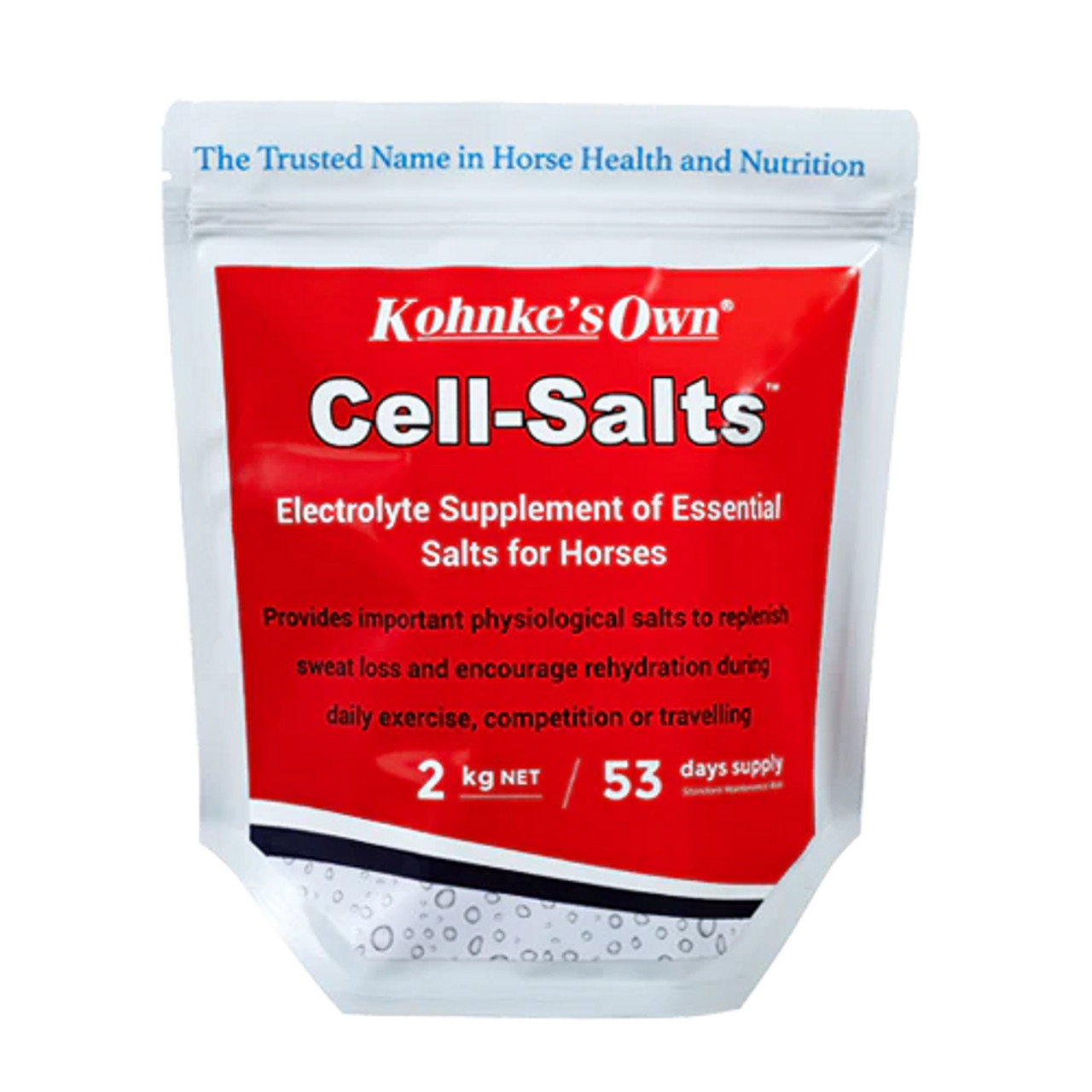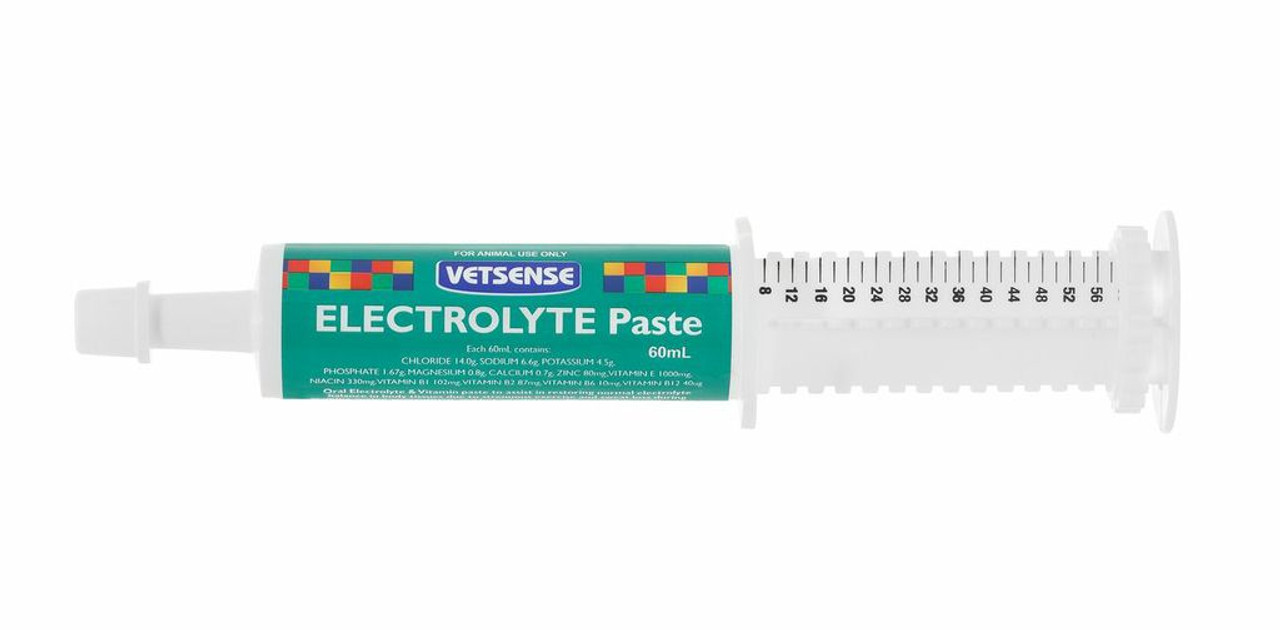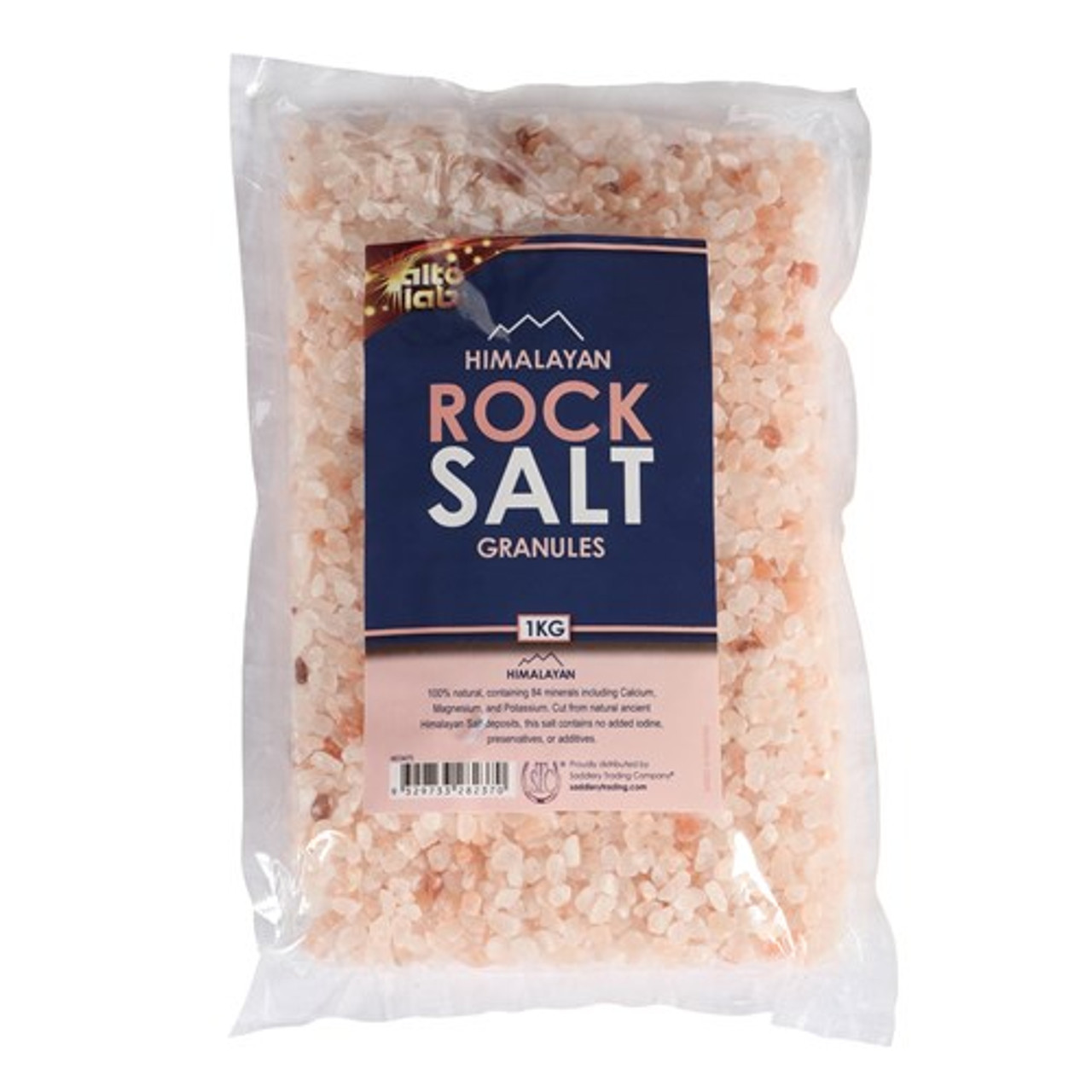Caring for horses in hot weather is crucial to ensure their well-being and prevent heat-related issues. Here are some tips for looking after horses during hot weather:




- Provide Ample Fresh Water:
- Horses can drink a significant amount of water, especially in hot weather. Ensure access to clean, fresh water at all times. Consider adding electrolytes to their water or feed to help replace salts lost through sweating. Shop Salt Browse Electrolytes
- Horses prefer cool water to warm water so replacing and refreshing the water will encourage them to drink
- Horses lose electrolytes in hot weather and also drink less, so a salt lick they have free access to or electrolytes in their feed or if travelling consider an electrolyte paste administered over the tongue.
- Shop Electrolyte Paste
- Shade and Shelter:
- Provide access to shade to protect horses from direct sunlight. Trees, run-in sheds, or purpose-built shelters can offer relief from the heat. Ensure that the shelter is well-ventilated.
- Proper Ventilation:
- Ensure good airflow in stables and especially horse floats and trucks. If possible, use fans to improve ventilation and keep the air circulating. Proper ventilation is essential for preventing heat stress.
- Adjust Turnout Times:
- Consider turning out horses during the cooler parts of the day, such as early morning or evening, to reduce exposure to the hottest temperatures.
- Cooling Baths:
- Provide regular hose-downs or cool baths to help lower the horse's body temperature. Pay attention to areas with large blood vessels, such as the neck and inner thighs.
- Avoid Strenuous Exercise:
- Limit strenuous exercise during the hottest parts of the day. If riding or working with your horse, schedule activities for the cooler mornings or evenings.
- Monitor for Signs of Heat Stress:
- Be vigilant for signs of heat stress, including excessive sweating, rapid breathing, lethargy, or a reluctance to eat. If you notice these signs, take immediate action to cool the horse down and consult with a veterinarian.
- Fly Control:
- Flies can be more prevalent in hot weather, and they can irritate and stress horses. Use fly sprays, masks, and sheets to protect horses from flies. See our blog Pesky flies.
- Maintain a Balanced Diet:
- Ensure horses have access to a balanced diet appropriate for their activity level. Consider adjusting feeding times to avoid the hottest parts of the day. Hay will keep a horse warmer so split into smaller quantities or feeds instead of as much roughage.
- Provide Salt:
- Offer a salt block to encourage horses to consume electrolytes. This can help them maintain their electrolyte balance, especially during hot weather when they may be sweating more.
- Regular Grooming:
- Regular grooming helps remove sweat, dirt, and loose hair, allowing better air circulation and aiding in the horse's cooling process.
- Emergency Plan:
- Have an emergency plan in case of extreme heat events. Our Australian bushfire season of course clashes with the hottest days. Be prepared with potentially removing rugs halters and writing your phone number on the side of the horse. Even better consider evacuating on extreme days to a safer place. Know in advance where the evacuation centres are. The DPI are currently setting up a list of the local evacuation centres including race tracks show grounds and Pony club grounds. Pack the float with water buckets and feed so you have everything you need if you have to leave in a hurry.
By implementing these practices, you can help keep your horses comfortable and healthy during hot weather. Always be attentive to your horse's behavior and adjust your care routine as needed based on their individual needs and the prevailing weather conditions.

